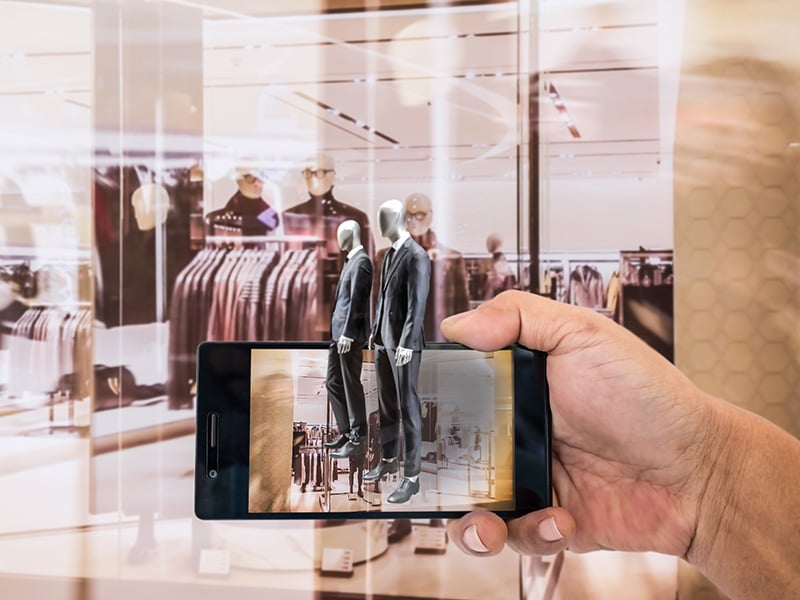Back in March, Nielsen touted the coronavirus epidemic as an "unexpected catalyst" for businesses to add augmented and virtual reality (AR and VR) to the customer experience. Months later, we find that necessity truly is the mother of invention.
According to this article on Mobidev, technology powerhouses like Microsoft, Apple, Facebook and Google helped drive record growth in AR tech in 2019, creating a solid foundation for all industries to explore the potential of AR/VR.
It was not put to waste. Research published in July 2020 by CommerceNext and Exponea show that more than 20% of U.S. retailers expected to invest in AR or VR for their company’s online store in June – a 12% increase from that same outlook in January. Those that got on board early are already reaping the benefits in their bottom line and on social media.
For instance, in Debra Aho Williamson’s article on eMarketer, we learn that eyewear manufacturer Bollé Brands implemented a try-on experience on Instagram that allowed customers to see how sunglasses might look on them safely from their smartphones. AV Concepts famously created a hologram of Tupac that took the stage at Coachella 2012, 16 years after he died. Virtual bands overseas like British rock group Gorillaz and Japanese pop idol Hatsune Miku hold tours using hologram and virtual technology often, and The Weeknd performed a virtual concert on TikTok last August.
It’s easy to see how this can be leveraged for the events industry. Entertainers performing from the safety of their homes could mean lower booking rates. Augmented reality means attendees in quarantine can still experience the sizzle in your conference’s steak with a special mobile app or Snapchat filter. Don’t just tell prospective customers about your hotel amenities: Show them with a 360-degree gyroscopic viewing experience from an Oculus Rift.
COVID-19 can’t stop tomorrow from arriving. Are you ready?
See us at Morley if you’d like to know how we can make AR/VR enhance your next event.

